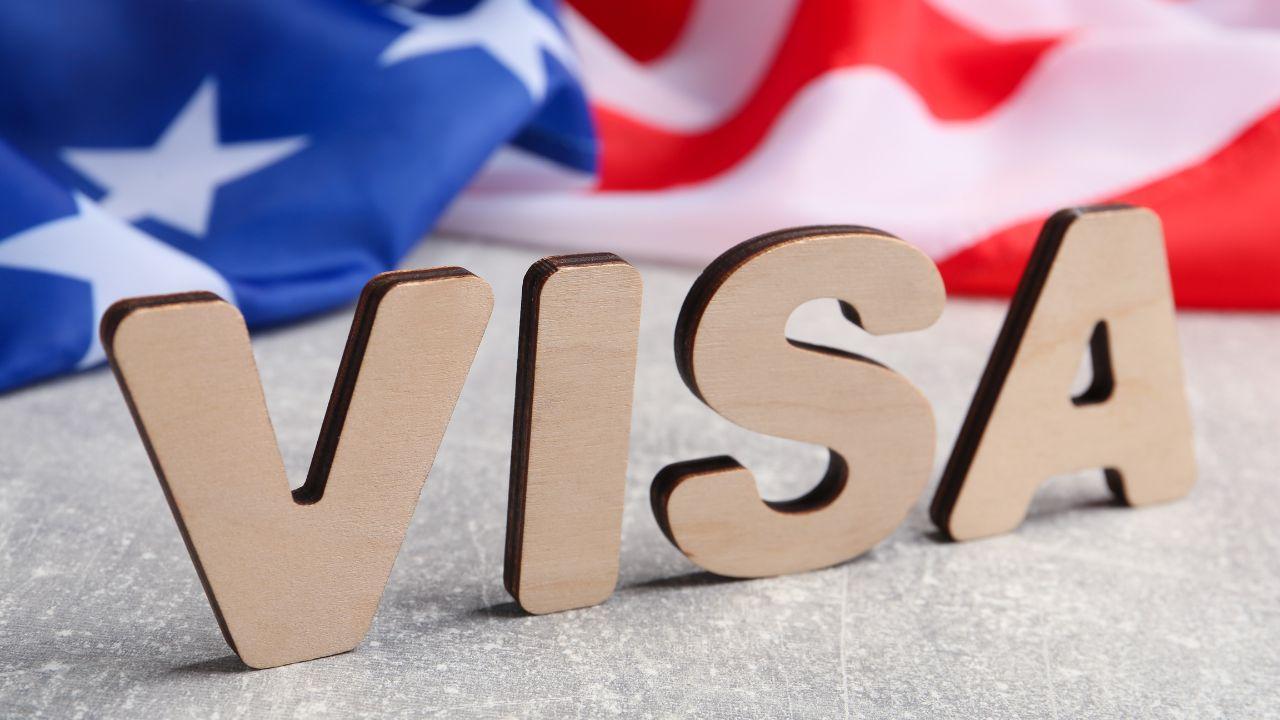



A recent F1 visa denial at the U.S. Consulate in Hyderabad has drawn widespread attention online, after a student was rejected following a highly technical round of questioning during what is typically a standard interview process.
The applicant, who completed their undergraduate studies in April 2025, had applied for a Master’s program in Data Science at several U.S. universities, including Indiana University Bloomington. The visa interview took place on May 30, 2025, and was conducted by a white male officer in his 30s.
According to the student’s account, the conversation began with routine questions about academic background and university choices. However, the tone of the interview shifted quickly when the officer began testing the applicant on technical concepts. The officer reportedly asked detailed questions about data structures and basic machine learning—such as the difference between arrays and linked lists, and the definition of linear regression.
The applicant responded confidently and highlighted their motivation for choosing the Applied Data Science track at Indiana University, emphasizing its industry-focused curriculum and relevance to their career goals. Despite this, the visa was denied under Section 214(b), which relates to the applicant's inability to prove sufficient ties to their home country or convincingly demonstrate non-immigrant intent.
“You’re welcome to reapply,” the officer reportedly said, offering no further explanation for the decision.
The unexpected rejection has sparked a flurry of discussion across Reddit’s immigration and visa forums, where users debated whether the technical questioning was appropriate or unusually strict. Some speculated that the officer may have used the questions to gauge the applicant’s seriousness about their field of study.
“Sometimes they’re testing how prepared and committed you are, especially for technical programs like Data Science,” one commenter wrote. Others pointed out that even well-qualified applicants can be rejected if the visa officer is not convinced by their responses or their intent to return home after their studies.
While the applicant’s academic credentials and project experience appeared solid, some suggested that a stronger explanation of career goals or clearer ties to India might have strengthened the case.
Now considering a second visa attempt, the student is seeking advice on how to better prepare—especially if future interviews continue to include subject-specific assessments, a trend some believe is on the rise for STEM students.
As visa scrutiny intensifies amid rising interest in U.S. graduate programs, particularly in tech-driven fields, the case serves as a reminder that academic qualifications alone may not guarantee visa approval. Preparation, clarity of purpose, and the ability to demonstrate strong home-country connections remain key factors in navigating the F1 visa process.
#trending #latest

University Internships That Help You Get a Job After Graduation... Read More.

Is It Smarter to Start at a Community College... Read More.
 Fake posts hit Czech PM Fiala's X
Fake posts hit Czech PM Fiala's X
Fake posts disrupt Czech PM Fiala's X account security
 Switzerland Tightens Export Rules
Switzerland Tightens Export Rules
Switzerland expands export controls on dual-use goods
 Google unveils Ironwood AI chip
Google unveils Ironwood AI chip
Google introduces Ironwood chip to accelerate AI tasks & apps
 TSMC Q1 revenue up 42%
TSMC Q1 revenue up 42%
TSMC sees 42% revenue surge in Q1, surpassing forecasts
 Amazon CEO Outlines AI Vision
Amazon CEO Outlines AI Vision
Amazon CEO reveals AI investment plans in new letter
 Osaka Hosts World Expo 2025
Osaka Hosts World Expo 2025
Japan blends tech and culture at Osaka Expo 2025 launch
 A16z Plans Big Bet on AI Startup
A16z Plans Big Bet on AI Startup
A16z may lead huge round in ex-OpenAI CTO’s new AI firm.
© MyEduGoal. All Rights Reserved. Design by markaziasolutions.com